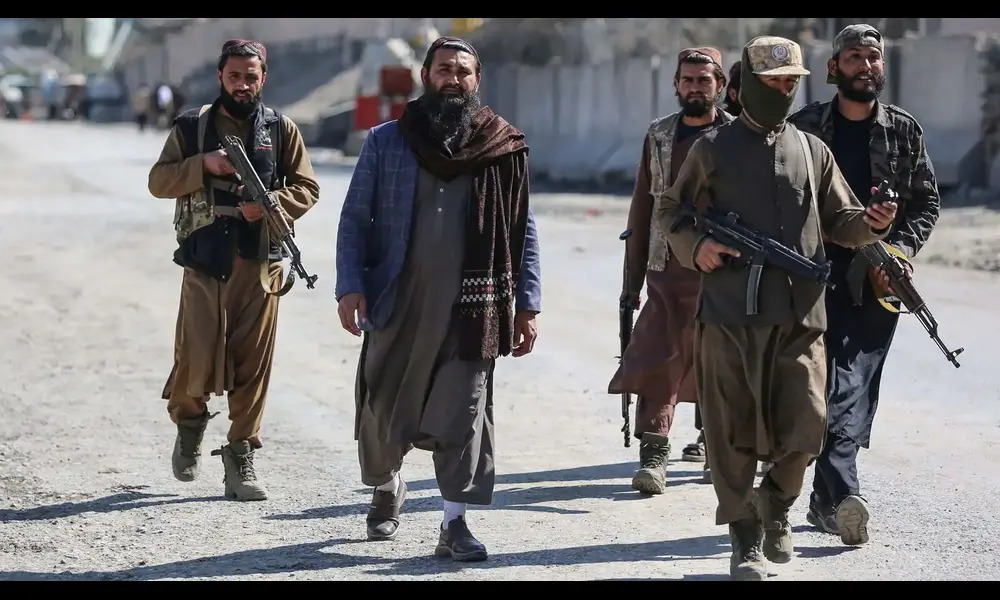
The Taliban is a fundamentalist Islamic political movement and military organization in Afghanistan. It was formed in 1994 by a group of Pashtun students who had been fighting against the Soviet occupation of Afghanistan. The Taliban quickly gained control of most of the country and established a strict Islamic regime. They were overthrown by the United States-led invasion in 2001, but they have since regrouped and have been fighting against the Afghan government and its international allies.
The Taliban is a Sunni Islamic movement that follows a strict interpretation of Islamic law. They believe that the only way to establish a true Islamic state is to overthrow all other forms of government and to impose their own interpretation of Islamic law on the entire population. The Taliban are also known for their extremist views on women's rights, education, and other social issues.
The Taliban came to power in Afghanistan in the mid-1990s during the Afghan Civil War. The country had been in a state of war since the Soviet invasion in 1979, and the Taliban emerged as one of the most powerful factions in the conflict. The Taliban quickly gained control of most of the country and established a strict Islamic regime.
The Taliban ruled Afghanistan from 1996 to 2001. Their rule was characterized by strict Islamic law and human rights abuses. The Taliban banned women from working or attending school, and they executed people for crimes such as adultery and apostasy. The Taliban also destroyed ancient Buddhist statues and other cultural artifacts.
In 2001, the United States invaded Afghanistan in response to the September 11 attacks. The US-led coalition quickly overthrew the Taliban government and installed a new government in Kabul. However, the Taliban has since regrouped and has been fighting against the Afghan government and its international allies.
Today, the Taliban controls about one-third of Afghanistan. They are fighting against the Afghan government and its international allies to regain control of the country. The Taliban are also responsible for numerous terrorist attacks in Afghanistan and other countries.
The Taliban's impact on Afghanistan has been devastating. The country has been in a state of war for over 40 years, and the Taliban's rule has only made things worse. The Taliban's strict interpretation of Islamic law has led to the suppression of women's rights, the destruction of cultural artifacts, and the execution of people for crimes such as adultery and apostasy.
The Taliban's rule has also had a devastating impact on the Afghan economy. The country is one of the poorest in the world, and the Taliban's rule has only made things worse. The war has destroyed much of the country's infrastructure, and the Taliban's strict interpretation of Islamic law has made it difficult for businesses to operate.
The future of Afghanistan is uncertain. The Taliban is still a powerful force in the country, and the Afghan government is weak and divided. The international community is trying to help Afghanistan, but it is unclear whether their efforts will be successful.
The Afghan people deserve to live in peace and security. They deserve to have a government that represents their interests and that respects their fundamental rights. The international community must continue to support the Afghan people in their efforts to build a peaceful and democratic future.
The Taliban is a dangerous and extremist organization that poses a threat to Afghanistan and to the region. The Taliban's strict interpretation of Islamic law and their human rights abuses are a violation of the fundamental rights of all Afghans. The international community must work together to defeat the Taliban and to help the Afghan people build a peaceful and democratic future.